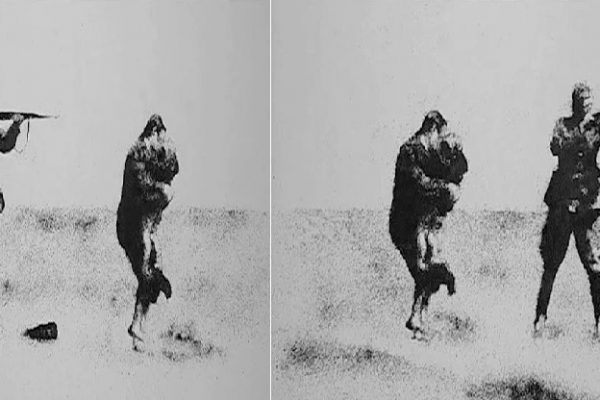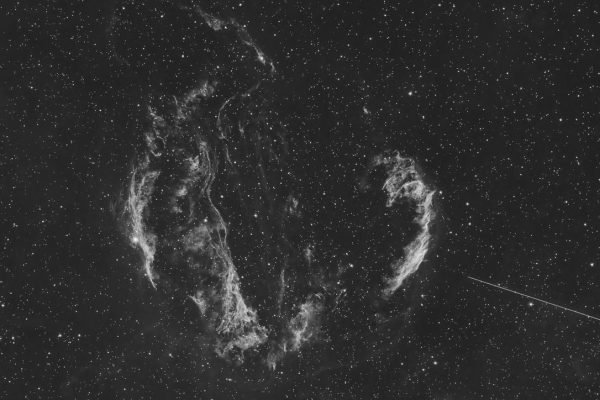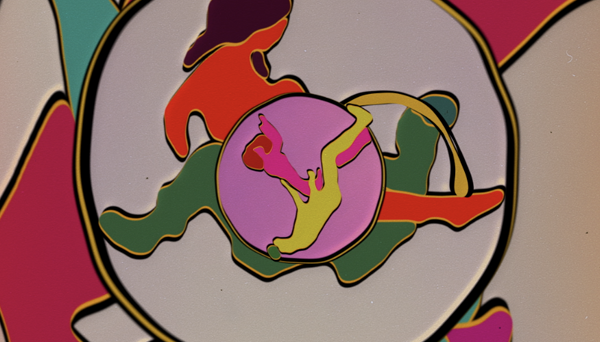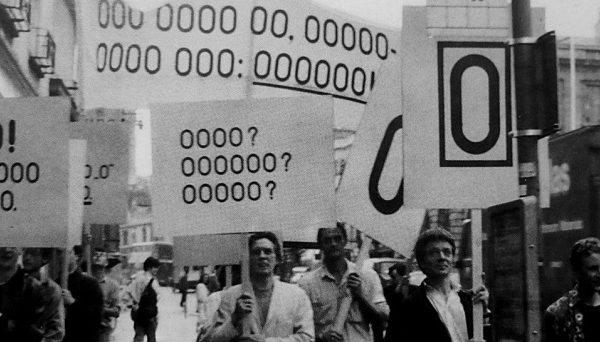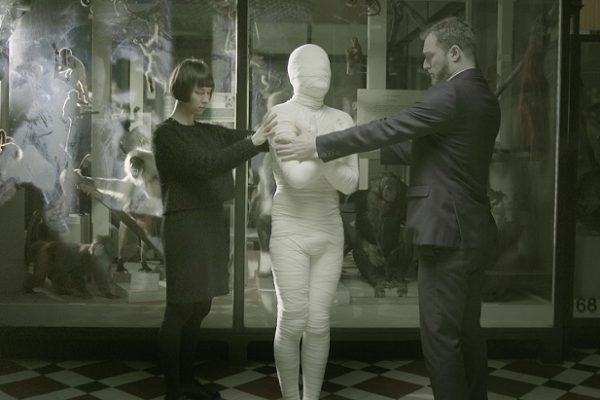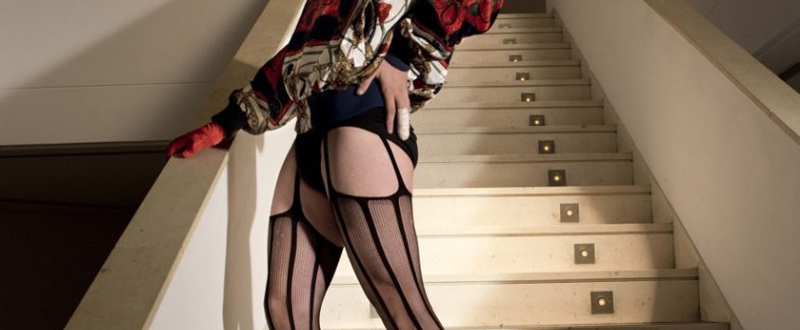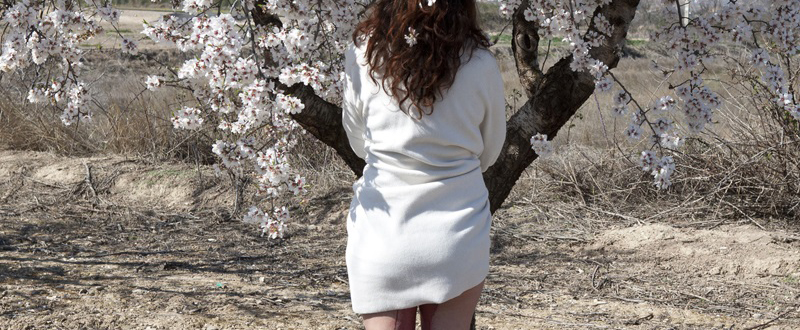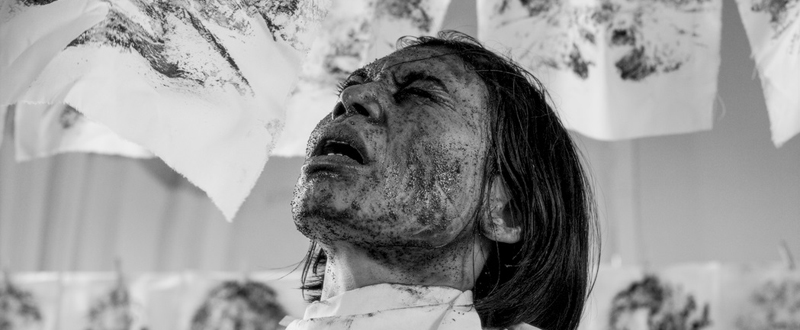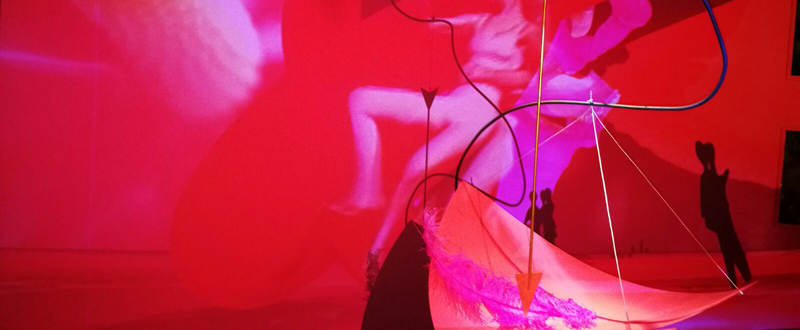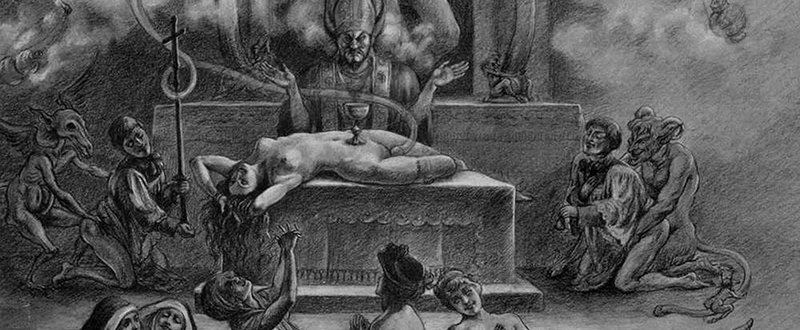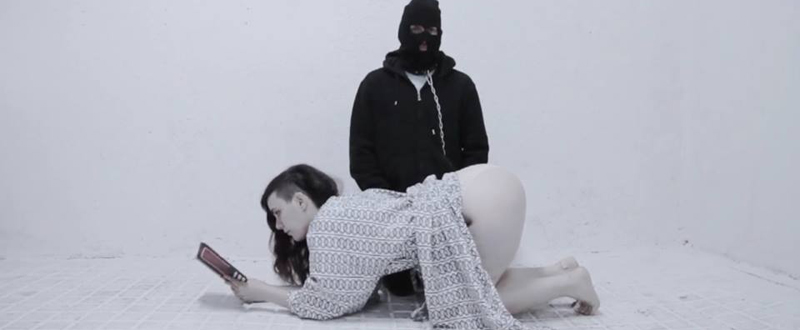In the rites of passage the individual is separated from the community and then regrouped assuming a new status. At the threshold between these two phases, human being becomes transitional, remains in suspense, without social reality, and this invisibility allows him to move on the margins of the consensual structure. The «liminal person» is a creative power, liberated from all taboo. Within the ritual it is represented with asexual or bisexual attributes. The anthropologist Victor […]
Categoría: Contemporary art
Fernando Bayona; to each his own
If a work is too legible it is not art, it is propaganda, Andrés Serrano argued in relation to the visual reflection of his ambiguous religious feeling, blasphemous for some and beautiful for others, because it is this breadth of readability that bothers, especially when one appeals to the purity of the impure or, rather, when the latter term is emptied of all meaning. Fernando Bayona also observes the world through the flesh, while his […]
When love moves us to act
Since Hannah Arendt regarded love as the essence of the revolutionary spirit, since the counterculture of the sixties claimed it as a subversive force, this original impulse of the human condition has had to abandon the old-fashioned romanticism that reduces it to a flat, narcotizing emotion. The title of the exhibition Don’t You Think It’s Time For Love? in the Moscow Museum of Modern Art is taken from the homonymous action that the artist Sharon […]
Ana Álvarez-Errecalde, intimate freedom
The moderns say that loving does not imply dependence, that true love only emerges between independent spirits, between autonomous beings. Sweden took this idea to the extreme of becoming the country with more people living and dying alone. The documentary by Erik Gandini, The Swedish Theory of Love shows how the family of the future (claimed by Olof Palme) has mostly taken the uniparental form of single mother self-inseminating at home. The Nordic model has […]
Lilibeth Cuenca Rasmussen, laminate infinity
The fossil finds lead us to the redefinition of the human on each occasion, denoting the ambiguity that underlies any search for an evolutionary origin. The paleontologists who found the puzzle of bones that would group under the Beatlemaniac name of Lucy believed to discover the missing link between the primates and the Homo Sapiens. They drived the origin of our species back for several thousand years. How does each anthropological paradigm shift affect our […]
Spaces of desire: from the sexual utopia to pornotopia
Licentiousness, yes, but subject to tight control. Architects, reformers and literati of the eighteenth century coincide in projecting or imagining houses of pleasure inspired by the panopticon of Bentham or anticipating its radial and controlling configuration: the ideal city conceived by Ledoux (in which could not be absent a temple for sex education, the Oikema) is built around that central eye; In The 120 days of Sodom, Sade gives semicircular form to the hall of […]
Patriarchy and witchcraft
A man tells that when he lost his penis a witch came to ask him to return. She told him to climb into the tree and take the one he likes best in the nest where they kept the male organs. And when he wanted to take the biggest she said: you should not take that because it belongs to a parish priest. This extract don’t come from any milesian fable or racy tale but […]
Raisa Maudit, when the damned take over the world
André Lepecki attributed to the figure of street dancer the power to break creatively preset circulation in the preassigned locations, opposing the police choreography the choreopolitics, which spread the movement from one body to another, transmitting affections, favoring the emergence of the subject where it has been ignored. One movement, multiple singular ways to express it. For Raisa Maudit the movement is also a liberating and contagious exercise, radiating anarchic invectives from the body dramaturgy. […]

